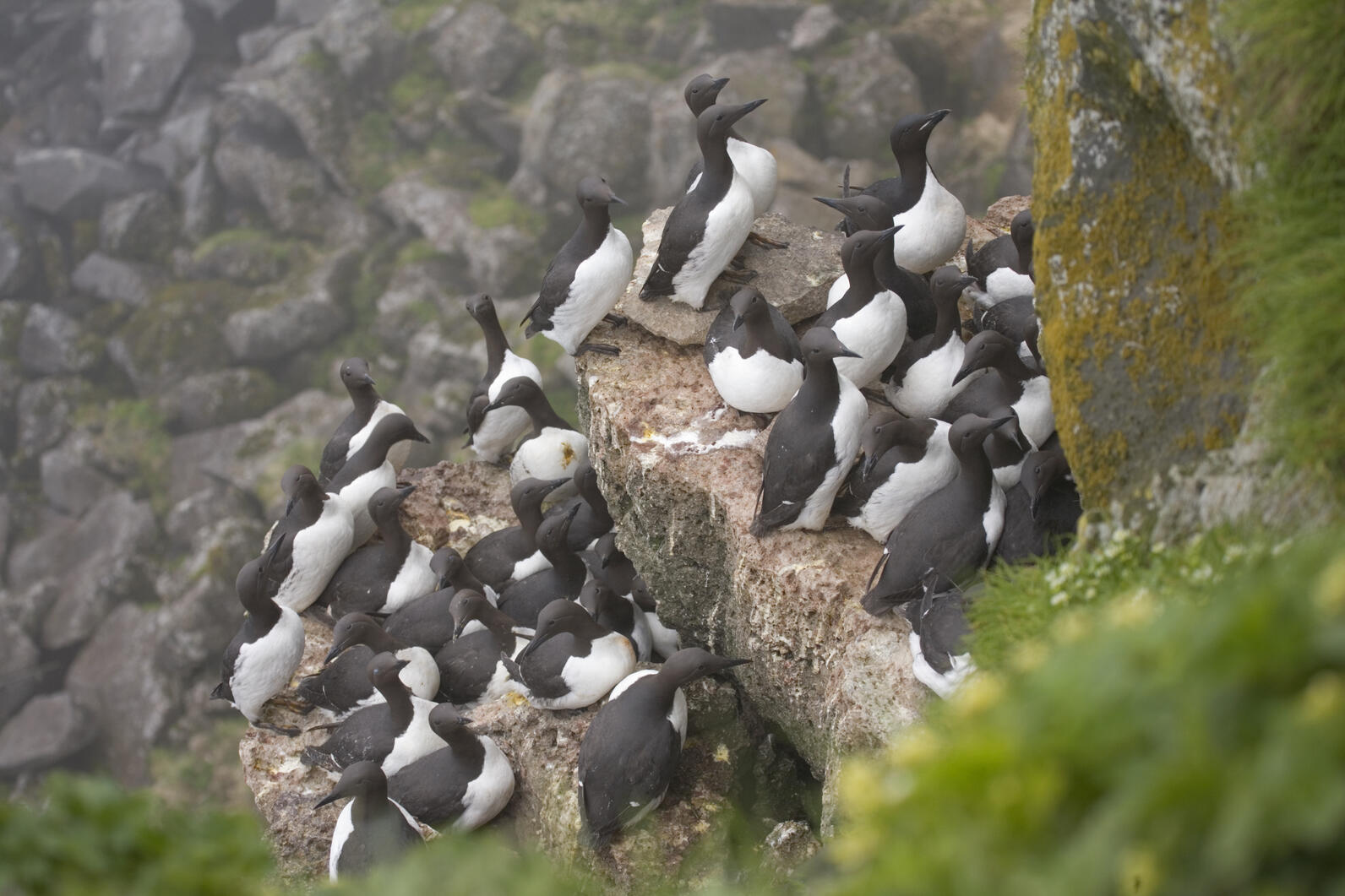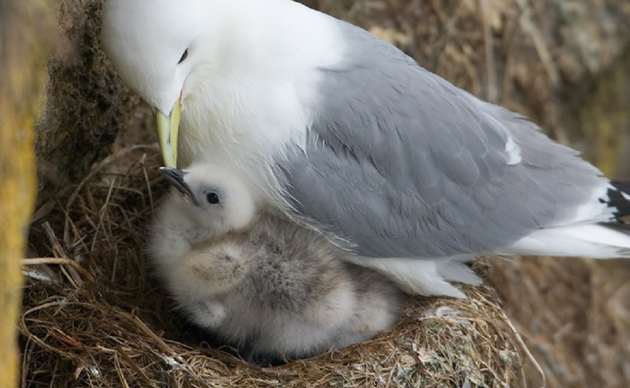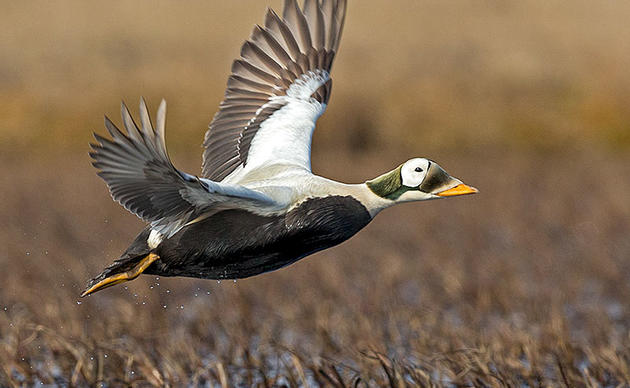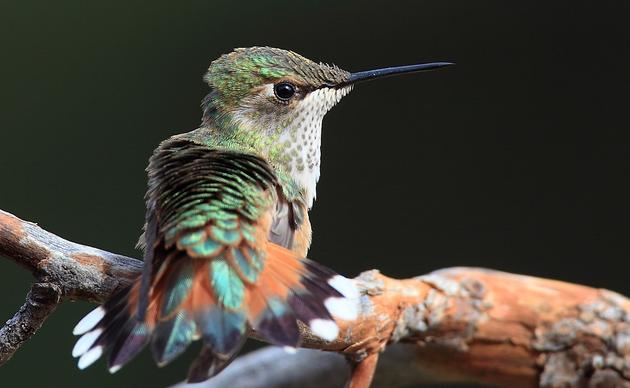
The fight to stop Pebble Mine has been a flurry of activity in the waning months of the Trump administration. On November 25th, the Army Corp of Engineers denied the first major permit needed to move forward with the Pebble Mine. The permit denial was a necessary step in the process, but permits can be modified and applicants can re-apply for permits. Proponents of Pebble Mine have already stated they will appeal the permit decision. Bristol Bay needs more protections than the changing whims of agency decisions, and that’s why the region’s leaders are calling for permanent protection. Commercial Fishermen for Bristol Bay director, Katherine Carscallen said:
“Although we are relieved that Pebble’s permit application has been denied, our people must be assured that no matter the political winds, our way of life is protected from the threat of mining in our region.”
The Bristol Bay Native Association, Bristol Bay Economic Development Corporation, and the United Tribes of Bristol Bay released a “Call to Protect Bristol Bay” asking government leaders and the public to support permanent protections for the Bristol Bay. Following on the heels of the Army Corps’ decision to deny the Pebble Mine its permit, the Call for Bristol Bay includes two important steps that Audubon advocates are supporting right now. The first step is for the Environmental Protection Agency to use section 404(c) of the Clean Water Act to issue a veto for the Pebble Mine. The EPA already determined that Pebble Mine would bring irreparable harm to the waters of Bristol Bay and the communities and wildlife that depend on its intact ecosystems. The second step is a call for legislation to establish the Jay and Bella Hammond National Fisheries Area. We need to ask our elected leaders to introduce this legislation, and begin the path to permanent protection for Bristol Bay.
It’s fitting that a proposal to protect the watersheds, wildlife, and communities of Bristol Bay would be named by two of its most passionate leaders and advocates. Jay and Bella Hammond not only called Bristol Bay home, but advocated for its protection for many years. Jay was a beloved Alaska governor, former mayor of the Bristol Bay borough and wildlife biologist, and his wife Bella, was raised in Bristol Bay and fished for salmon on the Naknek River, even while she was Alaska’s first lady. She once said of Pebble Mine, ““I couldn’t think of a worse place to put a mine—other than right here in my own kitchen.”
At Audubon Alaska, we recognize the global importance of Bristol Bay. It is home to millions of seabirds. The world’s largest sockeye salmon fishery feeds people across the globe. The rivers are the corridors connecting communities that have lived on the land for generations. Stories, salmon, shearwaters, are living proof of the region’s richness. Even without the Pebble Mine, Bristol Bay, like every other place on Earth, is vulnerable to climate change. A recently released report highlights Bristol Bay’s vulnerability to climate change threats that include warming temperatures and precipitation changes. It is one of the most at-risk places in Alaska. Protecting Bristol Bay now gives the region the best chance for adaptation and resilience in the face of climate change.
Audubon stands with Alaska Native Tribes, commercial fishermen, sportsmen and outdoor recreationists, wildlife enthusiasts, millions of Americans, and the wildlife of Bristol Bay in an unified voice recognizing that this place deserves protection now and for our future.
By Natalie Dawson
Stop the Toxic Pebble Mine from Destroying Alaska's Bristol Bay
Tell the EPA that it is time to protect this vibrant and vital ecosystem by using its authority under the Clean Water Act to veto the mine permit once and for all.




